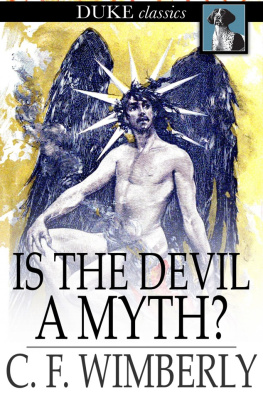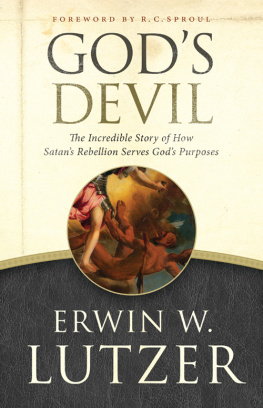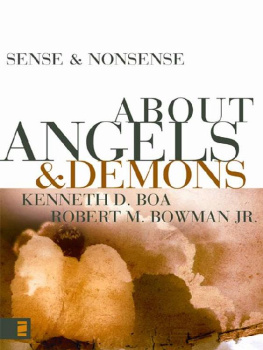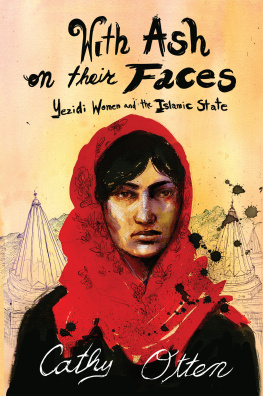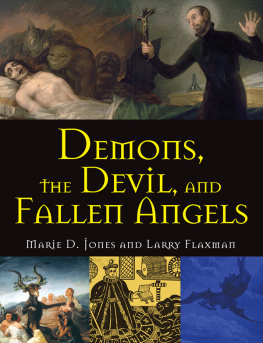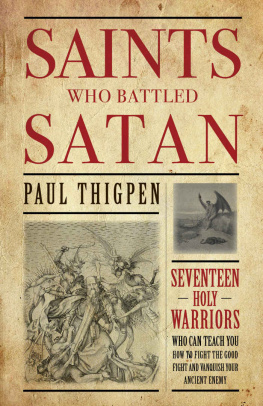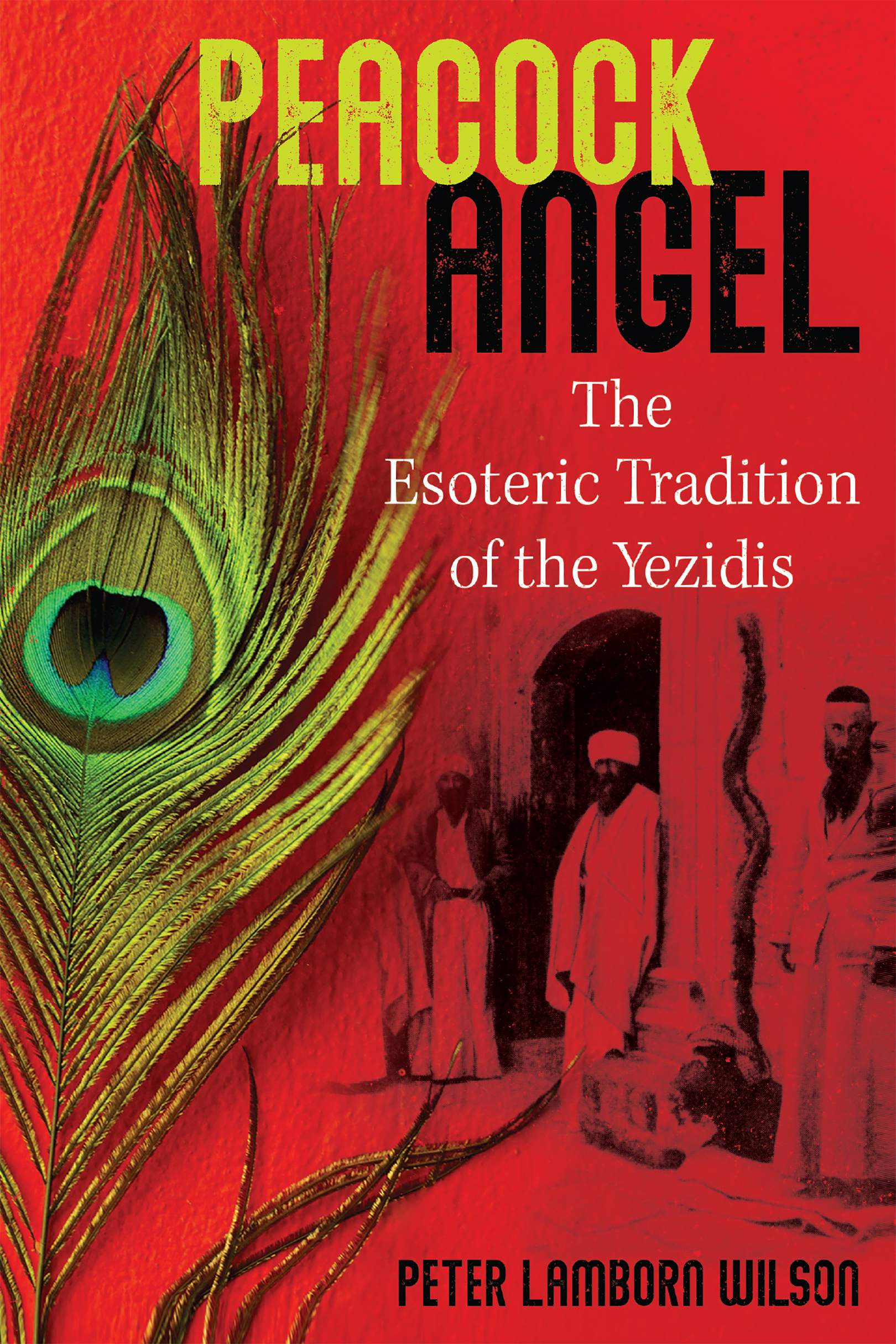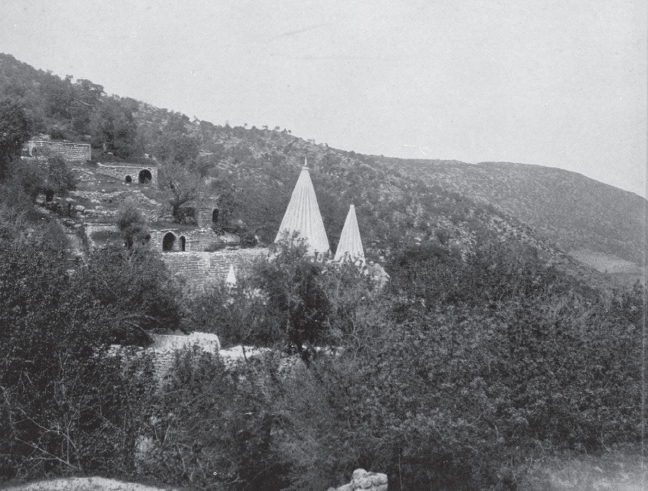Peter Lamborn Wilson - Peacock Angel: The Esoteric Tradition of the Yezidis
Here you can read online Peter Lamborn Wilson - Peacock Angel: The Esoteric Tradition of the Yezidis full text of the book (entire story) in english for free. Download pdf and epub, get meaning, cover and reviews about this ebook. year: 2022, publisher: Inner Traditions, genre: Religion. Description of the work, (preface) as well as reviews are available. Best literature library LitArk.com created for fans of good reading and offers a wide selection of genres:
Romance novel
Science fiction
Adventure
Detective
Science
History
Home and family
Prose
Art
Politics
Computer
Non-fiction
Religion
Business
Children
Humor
Choose a favorite category and find really read worthwhile books. Enjoy immersion in the world of imagination, feel the emotions of the characters or learn something new for yourself, make an fascinating discovery.

- Book:Peacock Angel: The Esoteric Tradition of the Yezidis
- Author:
- Publisher:Inner Traditions
- Genre:
- Year:2022
- Rating:4 / 5
- Favourites:Add to favourites
- Your mark:
Peacock Angel: The Esoteric Tradition of the Yezidis: summary, description and annotation
We offer to read an annotation, description, summary or preface (depends on what the author of the book "Peacock Angel: The Esoteric Tradition of the Yezidis" wrote himself). If you haven't found the necessary information about the book — write in the comments, we will try to find it.
Explains how the Yezidis worship Melek Taus, the Peacock Angel, an enigmatic figure often identified as the devil or Satan, yet who has been redeemed by God to rule a world of beauty and spiritual realization
Examines Yezidi antinomian doctrines of opposition, their cosmogony, their magical lore and taboos, the role of angels, ritual, and symbology, and how the Yezidi faith relates to other occult traditions such as alchemy
Presents the first English translation of the poetry of Caliph Yazid ibn Muawiya, venerated by the Yezidis as Sultan Ezi
The Yezidis are an ancient people who live in the mountainous regions on the borders of Turkey, Syria, Iraq, and Iran. This secretive culture worships Melek Taus, the Peacock Angel, an enigmatic figure often identified as the devil or Satan, hence the sect is known as devil-worshippers and has long been persecuted.
Presenting a study of the interior, esoteric dimensions of Yezidism, Peter Lamborn Wilson examines the sects antinomian doctrines of opposition, its magical lore and taboos, and its relation to other occult traditions such as alchemy. He explains how the historical founder of this sect was a Sufi of Ummayad descent, Sheik Adi ibn Musafir, who settled in this remote region around 1111 AD and found a pre-Islamic sect already settled here. Sheik Adi was so influenced by the original sect that he departed from orthodox Islam, and by the 15th century the sect was known to worship the Peacock Angel, Melek Taus, with all its Satanic connotations.
Revealing the spiritual flowering that occurs in an oral culture, the author examines Yezidi cosmogony, how they are descended from the androgynous Adam--before Eve was created--as well as the role of angels, ritual, alchemy, symbology, and color in Yezidi religion. He also presents the first English translation of the poetry of Caliph Yazid ibn Muawiya, venerated by the Yezidis as Sultan Ezi.
Showing the Yezidi sect to be a syncretic faith of pre-Islamic, Zoroastrian, Christian, Pagan, Sufi, and other influences, Wilson reveals how these worshippers of the Peacock Angel do indeed worship the Devil--but the devil is not evil. God has redeemed him, and he rules a world of beauty and spiritual realization.
Peter Lamborn Wilson: author's other books
Who wrote Peacock Angel: The Esoteric Tradition of the Yezidis? Find out the surname, the name of the author of the book and a list of all author's works by series.



